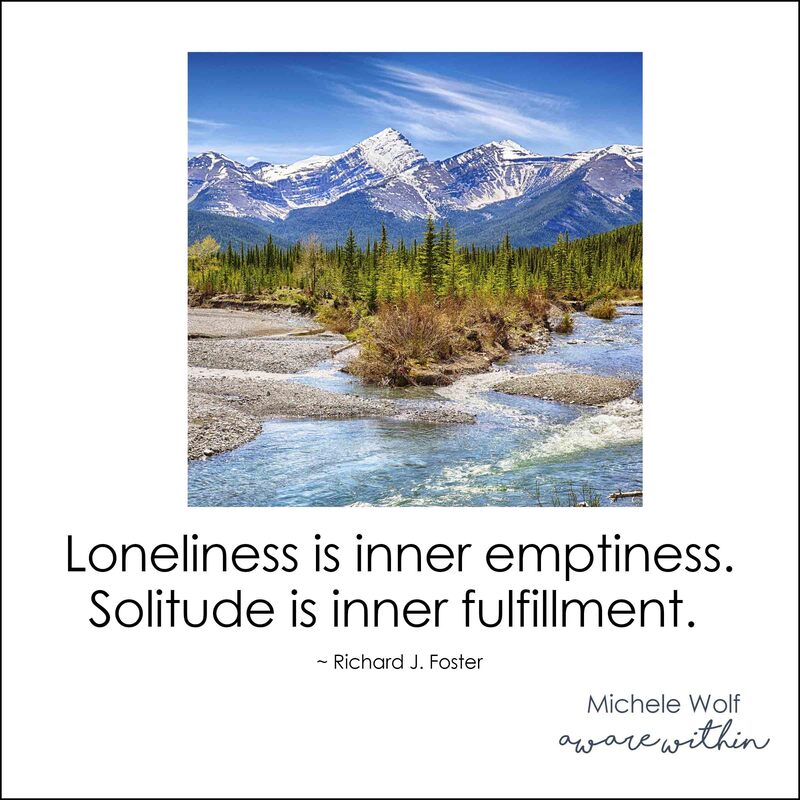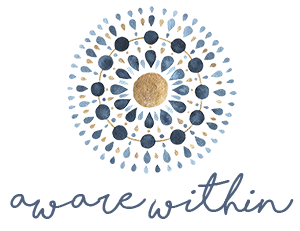Michele Wolf - Registered Psychotherapist - Aware Within - Psychotherapy
Located from the Collingwood Blue Mountains area and virtually serving all of Ontario including
Collingwood, Stayner, Thornbury, Meaford, Owen Sound, Midland, Barrie,
Guelph, Hamilton, Kitchener-Waterloo, Orangeville, Ottawa, Thunder Bay, and all other areas.
Collingwood, Stayner, Thornbury, Meaford, Owen Sound, Midland, Barrie,
Guelph, Hamilton, Kitchener-Waterloo, Orangeville, Ottawa, Thunder Bay, and all other areas.
Home | About | Therapist-Meet Michele | Services | Wild Soul Journey Blog
Journeys - Women's Circles | FAQ | Contact | Book an Appointment
Journeys - Women's Circles | FAQ | Contact | Book an Appointment


